The preliminary results of Iran's presidential election show hard-liner Saeed Jalili with a slight lead, followed closely by reformist Masoud Pezeshkian. Reported by Iranian state television, these early results suggest that Jalili is not yet in a position to secure an outright win, potentially leading to a runoff to replace the late President Ebrahim Raisi.
Current Vote Counts:
- Saeed Jalili: 4.26 million votes
- Masoud Pezeshkian: 4.24 million votes
- Mohammad Bagher Qalibaf: 1.38 million votes
- Mostafa Pourmohammadi: Over 80,000 votes
The election is significant amid Iran's internal and external tensions, including economic difficulties and regional conflicts. Turnout figures have yet to be released, which will be a crucial measure of public support for the country's Shiite theocracy.
Political Landscape:
Voters had to choose between three hard-line candidates and the reformist Pezeshkian. Women and those advocating for radical changes were excluded from the candidacy, and international monitors did not oversee the vote.
External Context:
The election took place during heightened Middle Eastern tensions, notably due to the Israel-Hamas conflict in Gaza. Iran has been involved in the conflict through direct and indirect means, including missile launches and support for militia groups.
Calls for Boycott:
Notable figures like Nobel Peace Prize laureate Narges Mohammadi and Green Movement leader Mir Hossein Mousavi have called for a boycott of the election. Criticism surrounds Pezeshkian, who is seen by some as another government-sanctioned candidate without significant promise for change.
Election Mechanism:
Iranian law mandates that a candidate must secure over 50% of votes to win outright. If no candidate achieves this, the top two will proceed to a runoff. The only prior instance of a runoff was in 2005, with Mahmoud Ahmadinejad emerging victorious.
Ebrahim Raisi, who passed away in a helicopter crash in May, was a protégé of Supreme Leader Ayatollah Ali Khamenei and a possible successor. Raisi was controversial for his role in the 1988 mass executions and recent crackdowns on protests following the death of Mahsa Amini.



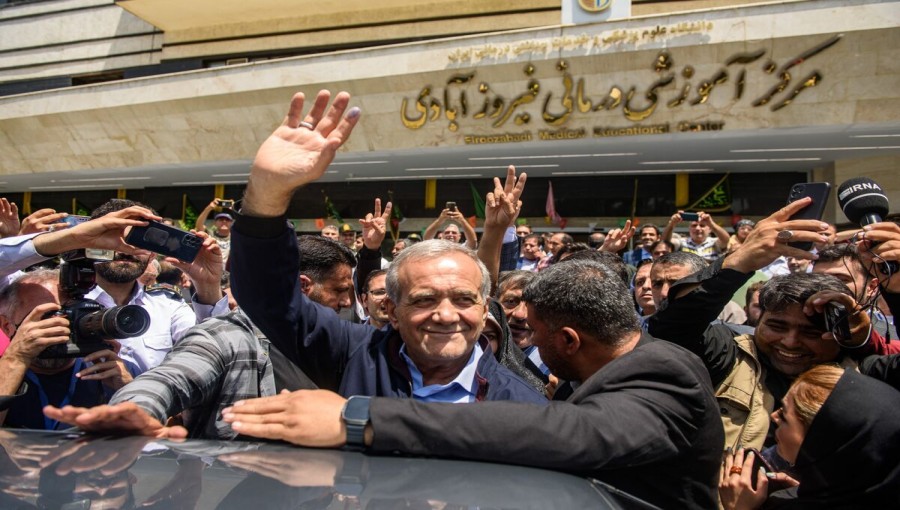
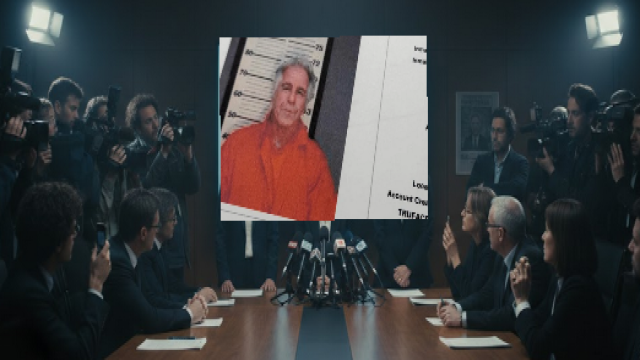
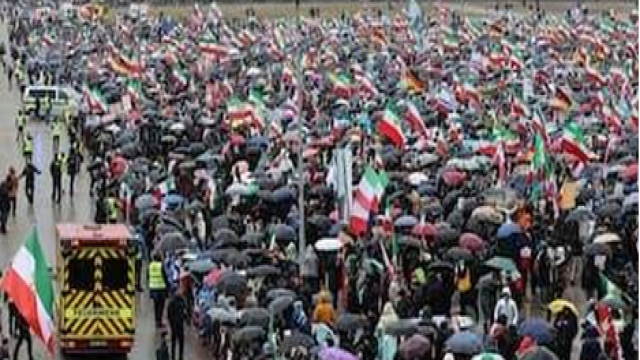

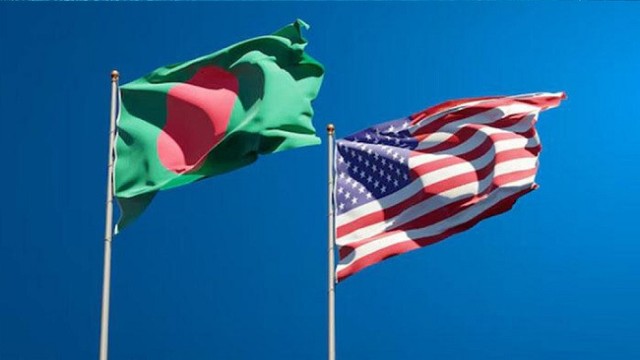
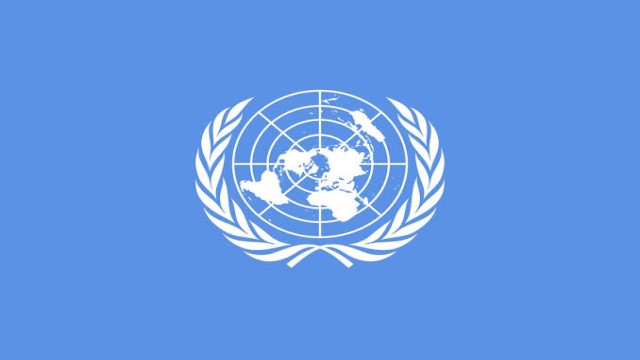
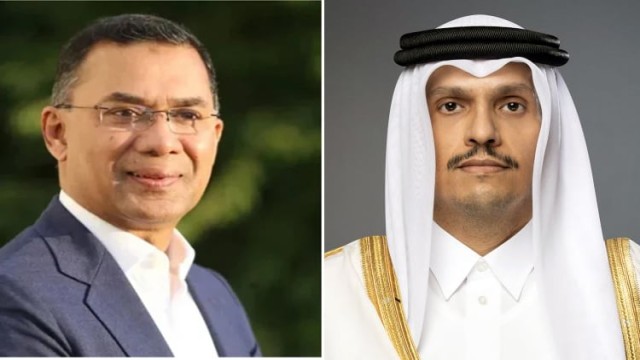
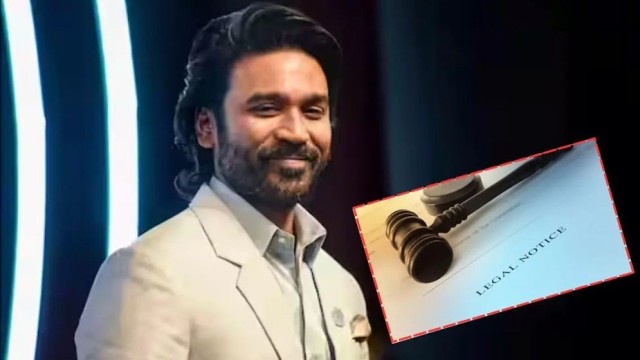
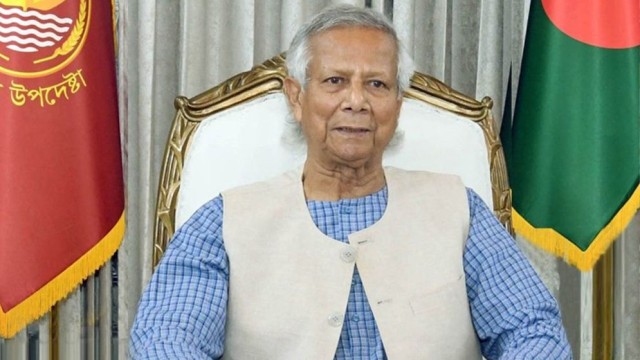
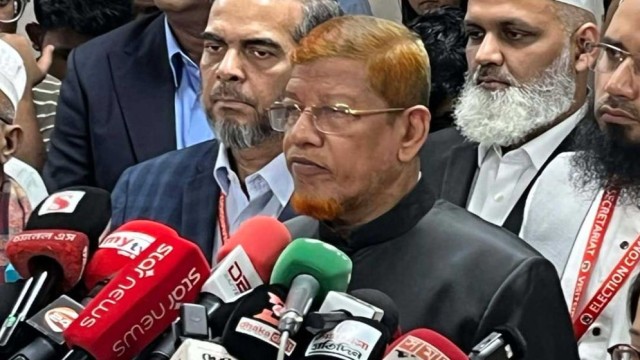
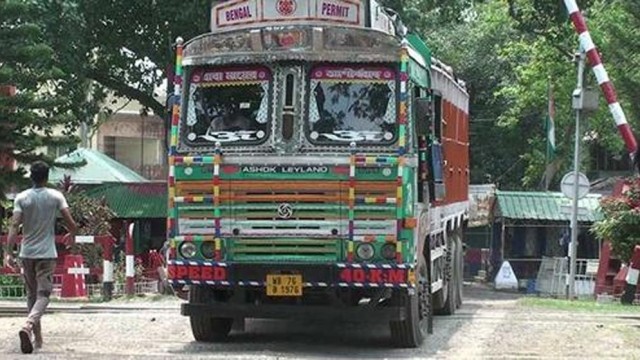
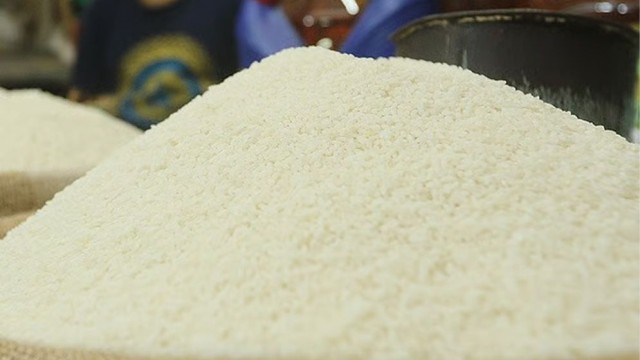
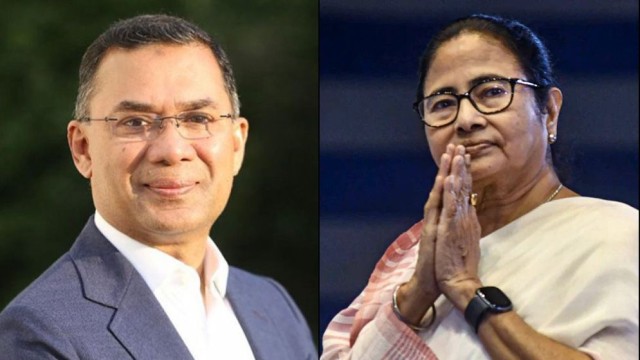
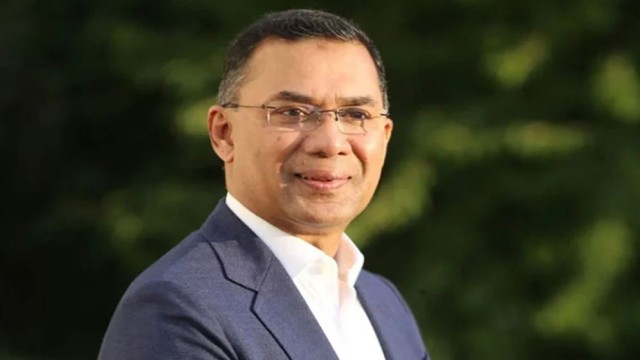
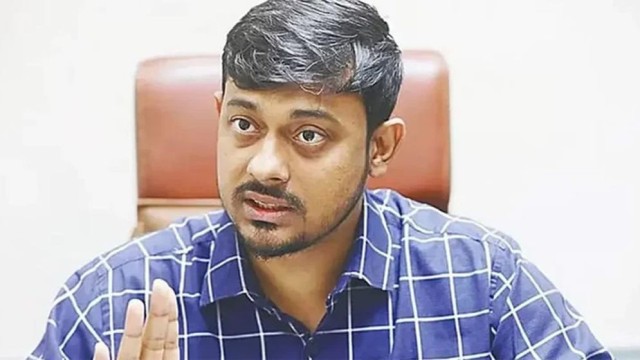
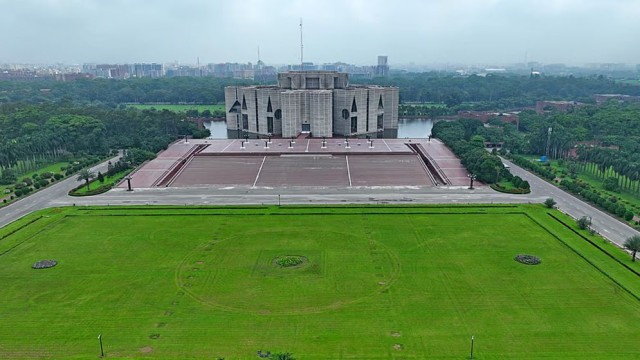
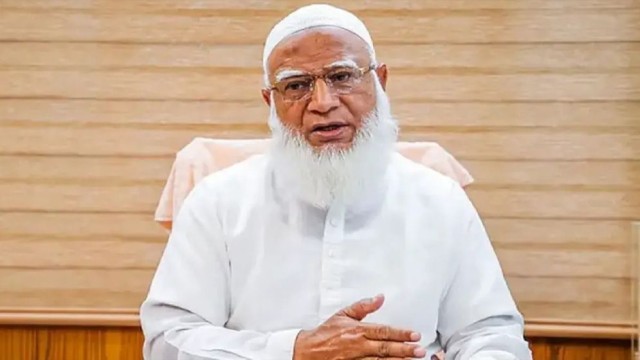










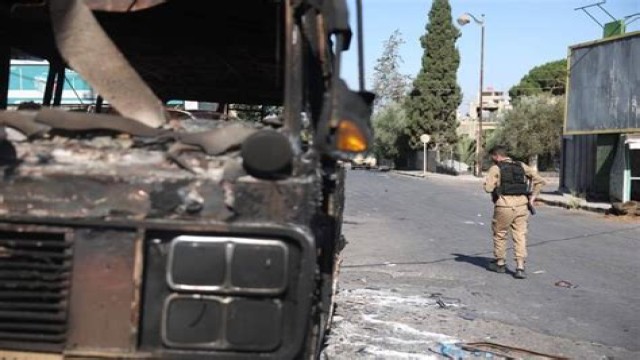
Comment: